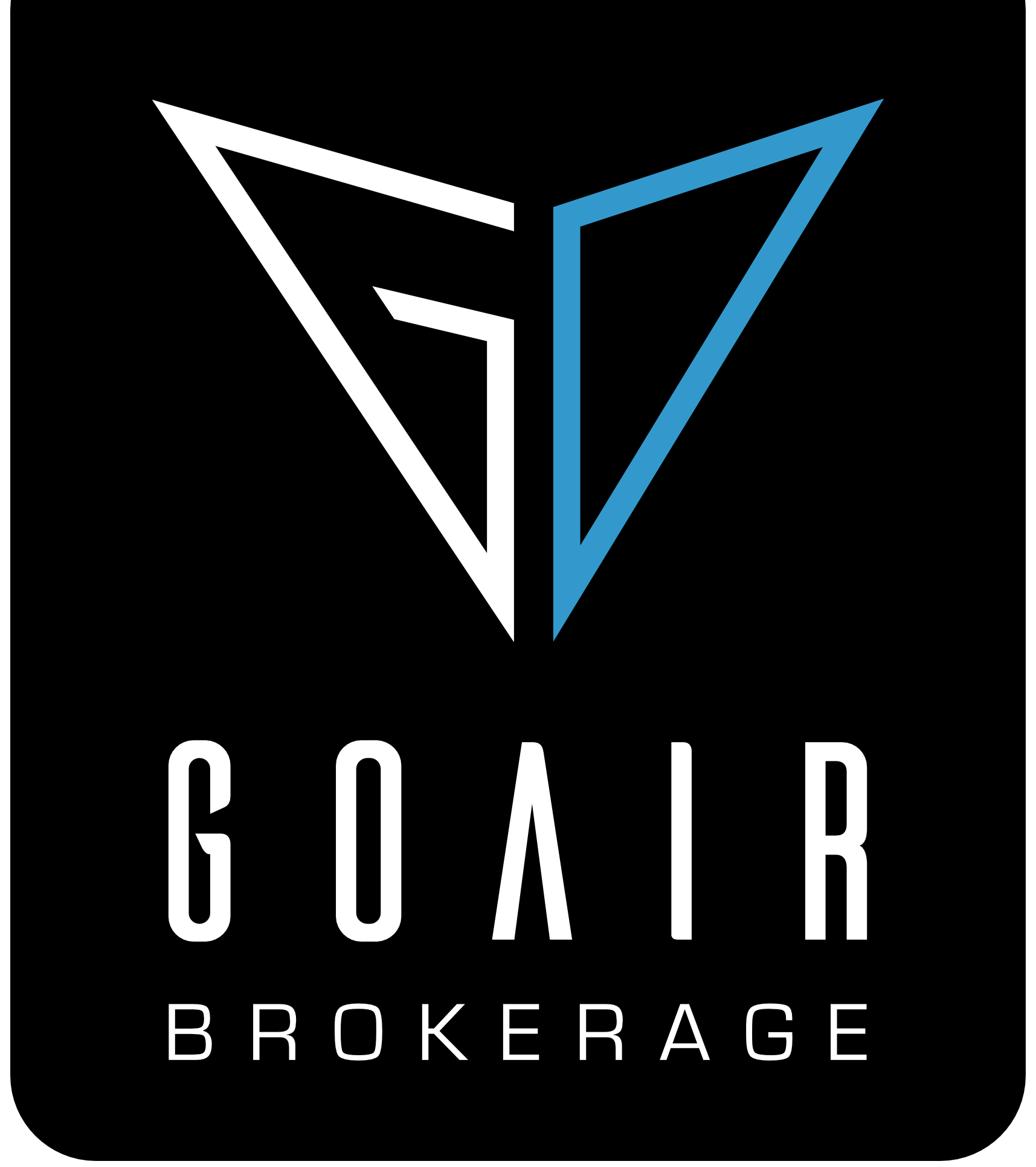Purchasing or selling an aircraft is a complex process that requires expertise, negotiation skills, and an in-depth understanding of the aviation market. Whether you’re a first-time buyer, an experienced aircraft owner looking to upgrade, or a seller aiming to maximize your investment, working with an aircraft broker can make the process smoother and more efficient. In this guide, we’ll explore the aircraft brokerage process from initial consultation to closing the deal.
What Is an Aircraft Broker?
An aircraft broker acts as an intermediary between buyers and sellers, ensuring that transactions are completed smoothly, legally, and at a fair market price. Brokers leverage their industry knowledge, network, and negotiation skills to help clients navigate the complexities of aircraft transactions.
Some of the key responsibilities of an aircraft broker include:
- Assessing the needs of buyers and sellers
- Conducting market research and valuation
- Handling negotiations
- Managing legal and financial aspects
- Coordinating inspections and finalizing transactions
Step-by-Step Guide to the Aircraft Brokerage Process
Step 1: Establishing Your Requirements
Whether you’re buying or selling an aircraft, the process begins with defining your goals. If you’re a buyer, consider:
- The type and size of aircraft needed
- Your budget and financing options
- Intended usage (business, leisure, cargo, etc.)
- Required features and specifications
If you’re a seller, key considerations include:
- The aircraft’s market value
- Condition and maintenance history
- Competitive pricing strategies
- Marketing approach
An experienced broker will help clarify these details and set realistic expectations for the transaction.
Step 2: Market Research and Aircraft Valuation
Aircraft brokers use their industry expertise and market data to assess an aircraft’s value. This involves:
- Analyzing similar aircraft currently for sale
- Reviewing historical sales data
- Assessing maintenance records and modifications
- Considering economic and market trends
An accurate valuation ensures a competitive listing price for sellers. For buyers, it prevents overpaying and helps with negotiations.
Step 3: Aircraft Search and Listing
For Buyers:
- The broker will identify suitable aircraft that match the buyer’s criteria.
- Listings from private sellers, dealers, and auctions will be reviewed.
- The broker will conduct preliminary screenings to eliminate unsuitable options.
For Sellers:
- The broker will create a compelling listing with detailed specifications and high-quality photos.
- Listings will be promoted through aviation marketplaces, networks, and industry contacts.
- Effective marketing strategies will be employed to attract potential buyers.
Step 4: Negotiation and Offer Management
Once a buyer is interested in an aircraft, negotiations begin. The broker plays a crucial role in:
- Presenting offers and counteroffers
- Managing deposit payments and contingencies
- Ensuring fair pricing and terms
- Handling confidentiality agreements (if necessary)
Brokers help sellers secure the best possible price while ensuring a smooth transaction. They also negotiate favorable terms and protect buyers’ interests.
Step 5: Pre-Purchase Inspection and Due Diligence
A thorough pre-purchase inspection is essential to verify the aircraft’s condition. This step includes:
- A comprehensive mechanical and avionics assessment
- Reviewing maintenance logs and service history
- Checking for any outstanding liens or legal issues
- Confirming airworthiness certification
Brokers assist in selecting reputable inspection facilities and ensuring all findings are addressed before proceeding.
Step 6: Finalizing the Sale and Closing the Deal
Once the aircraft passes inspection and both parties agree on terms, the broker helps facilitate the closing process:
- Drafting and reviewing the purchase agreement
- Coordinating escrow services and final payments
- Managing legal paperwork and title transfer
- Ensuring compliance with aviation regulations
With a broker overseeing the process, the transaction is completed securely, efficiently, and with minimal risk.
Benefits of Using an Aircraft Broker
- Industry Expertise
Brokers have in-depth knowledge of market trends, aircraft models, and regulatory requirements, which helps buyers and sellers make informed decisions.
- Access to a Wide Network
Brokers leverage their industry connections to find off-market deals, potential buyers, and trusted service providers.
- Time and Cost Savings
Handling an aircraft transaction independently can be time-consuming and costly. Brokers streamline the process, reducing the time spent on research, negotiations, and paperwork.
- Risk Mitigation
Aircraft transactions involve legal complexities and potential risks. Brokers ensure proper due diligence, contract management, and compliance with aviation laws.
- Negotiation Advantage
Experienced brokers understand pricing strategies and market conditions, ensuring their clients get the best possible deal.
How to Choose the Right Aircraft Broker
Selecting a reputable broker is crucial for a successful transaction. Here are some key factors to consider:
- Experience: Look for brokers with a proven aircraft sales and acquisitions track record.
- Industry Reputation: Check client testimonials, referrals, and professional affiliations.
- Transparency: A good broker should be upfront about fees, processes, and expectations.
- Communication Skills: Ensure they provide regular updates and clear guidance throughout the transaction.
- Specialization: Some brokers specialize in certain aircraft types, such as business jets, helicopters, or commercial airliners. Choose one that aligns with your needs.
Navigating the aircraft brokerage process requires expertise, industry knowledge, and meticulous attention to detail. Whether buying or selling, partnering with a qualified aircraft broker can make the experience seamless, secure, and financially rewarding. By understanding the steps involved—from initial consultation to closing the deal—you can confidently navigate the aviation market and achieve your aircraft ownership goals.
If you’re considering buying or selling an aircraft, working with a reputable broker is the best way to ensure a smooth, successful transaction. Choose a knowledgeable professional like GO Air Brokerage, who can guide you through every stage of the process and maximize your investment.
